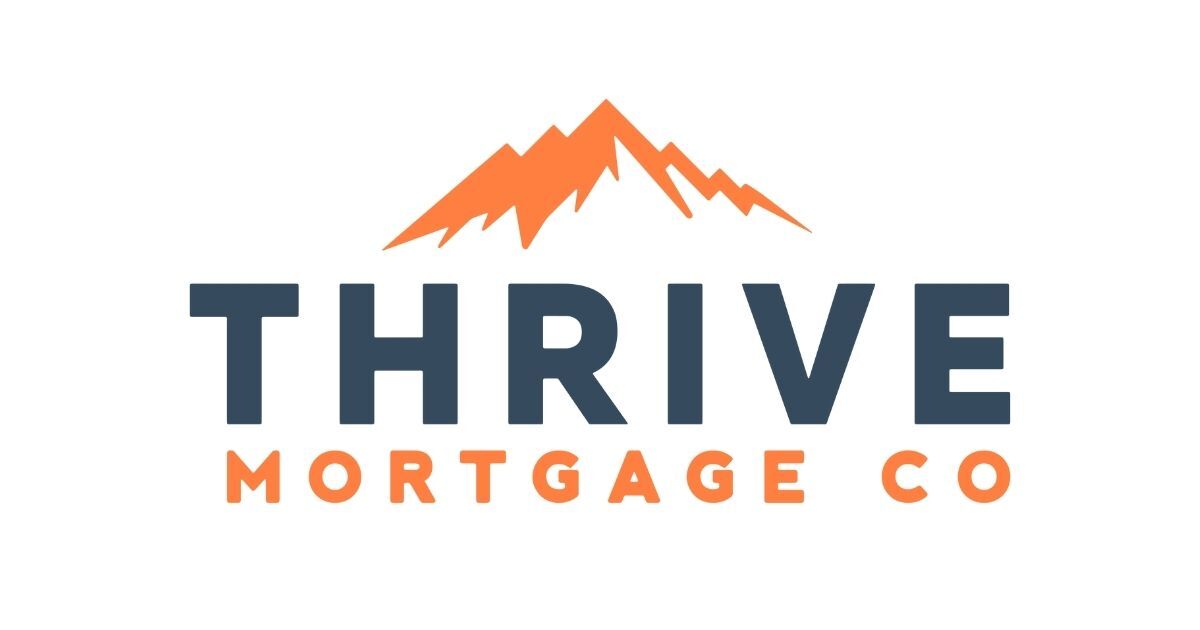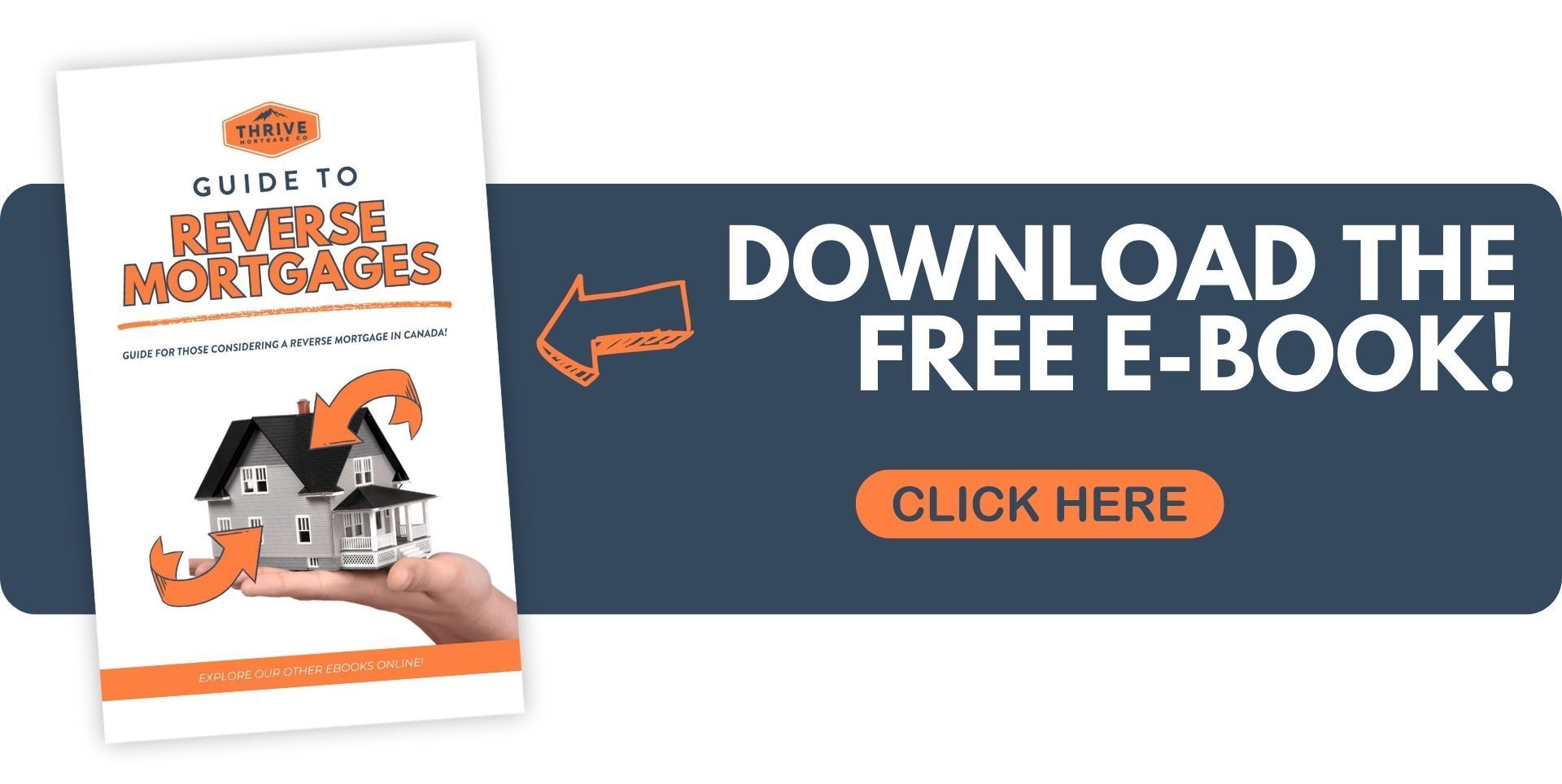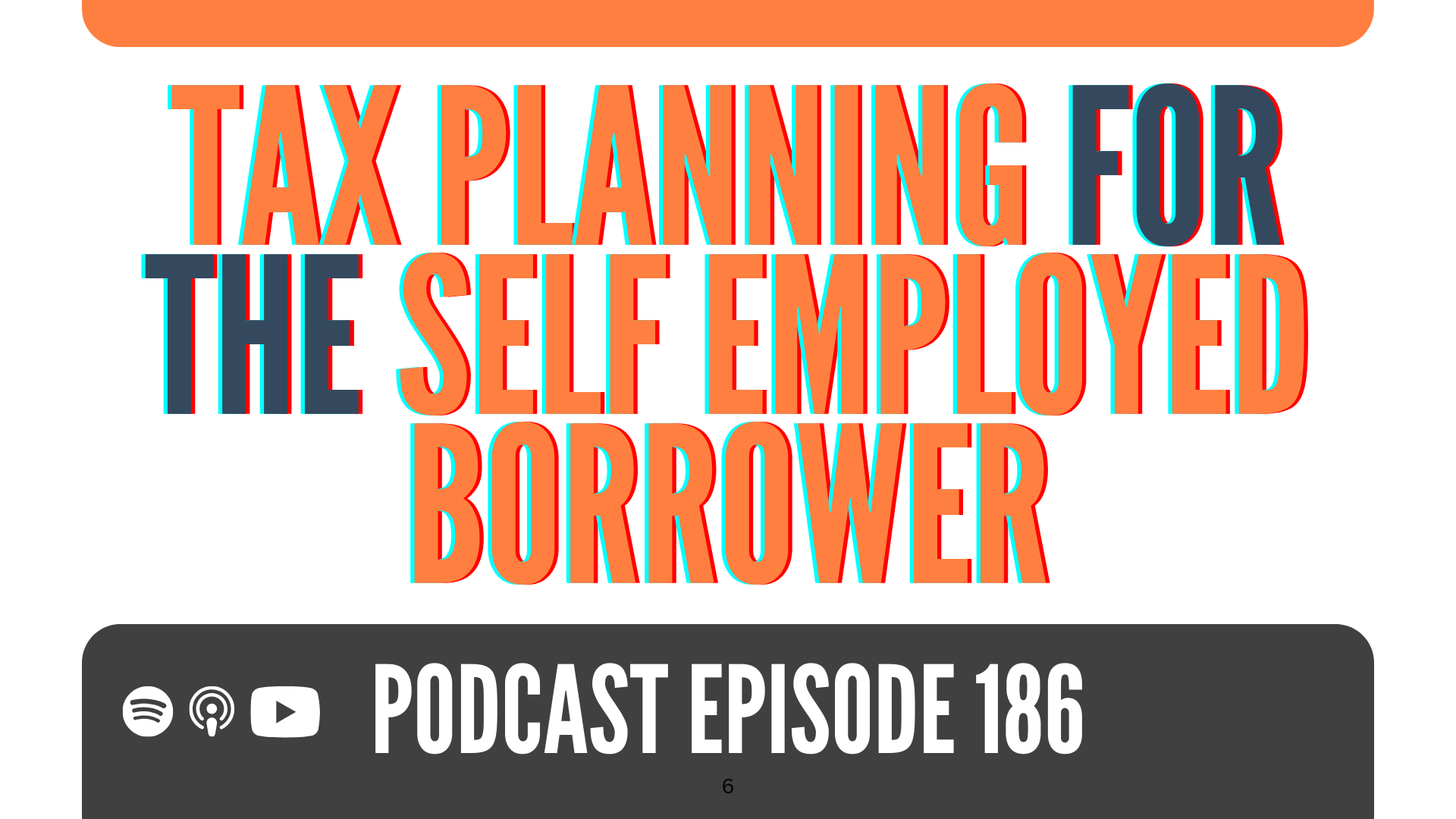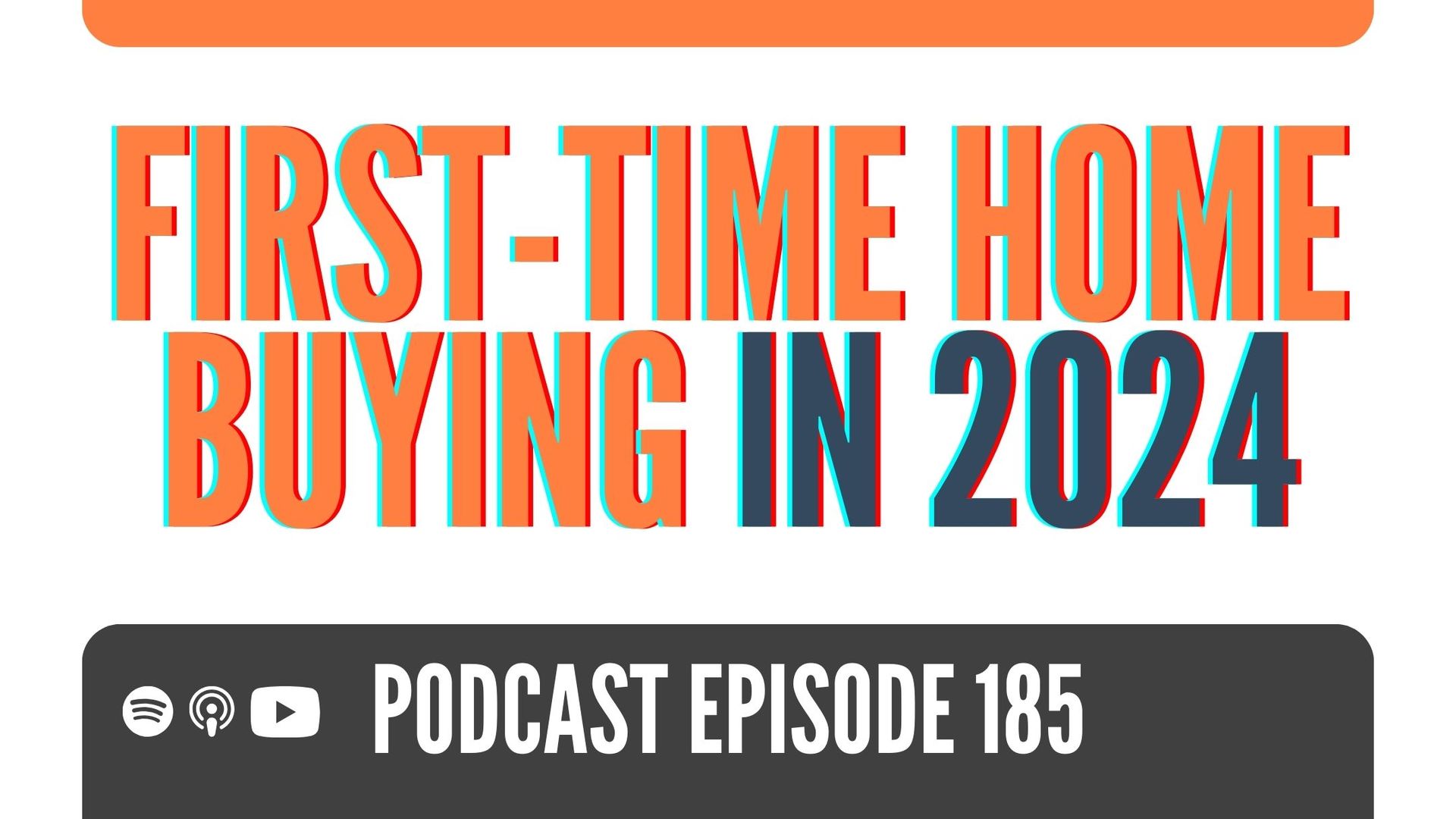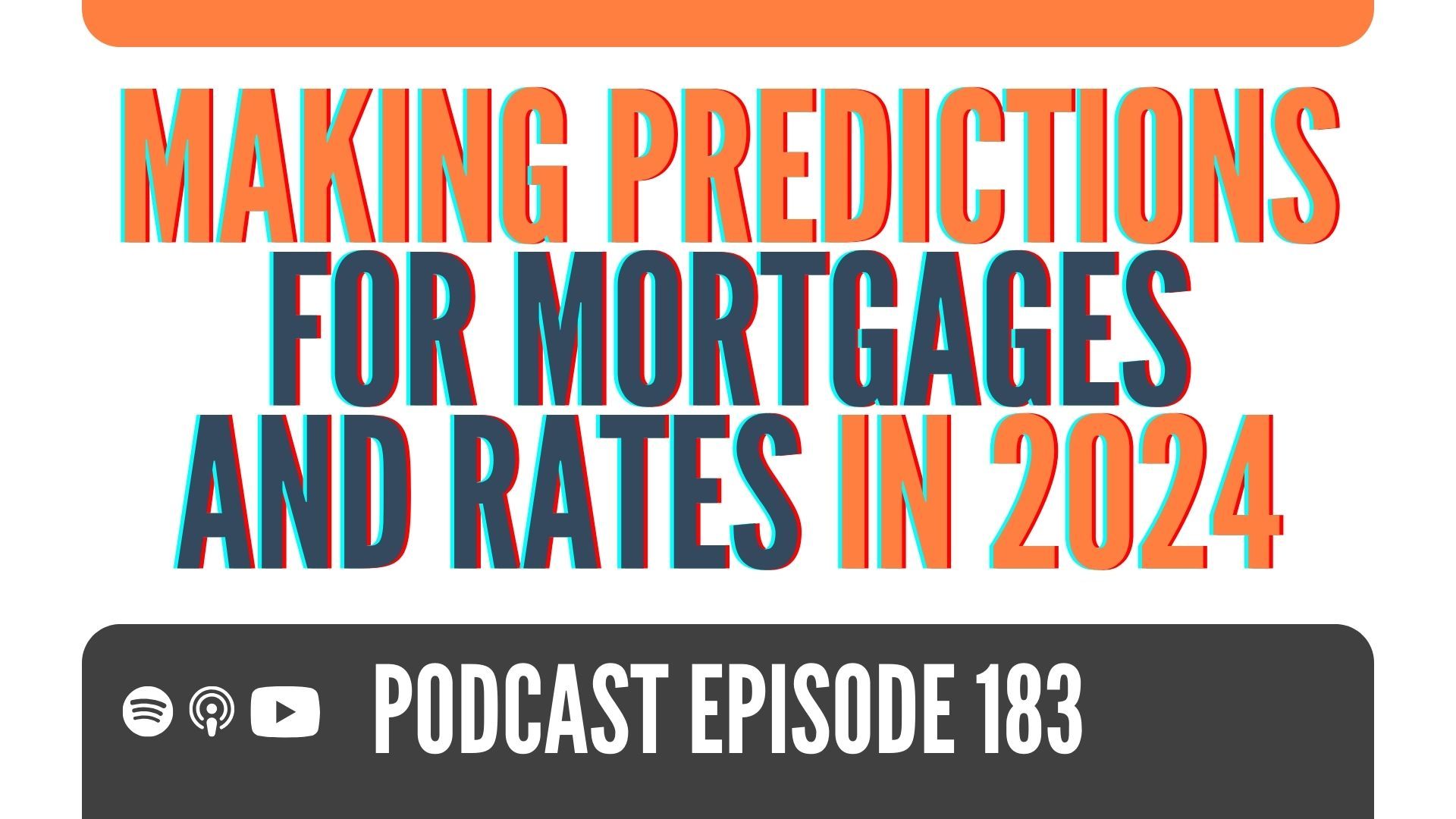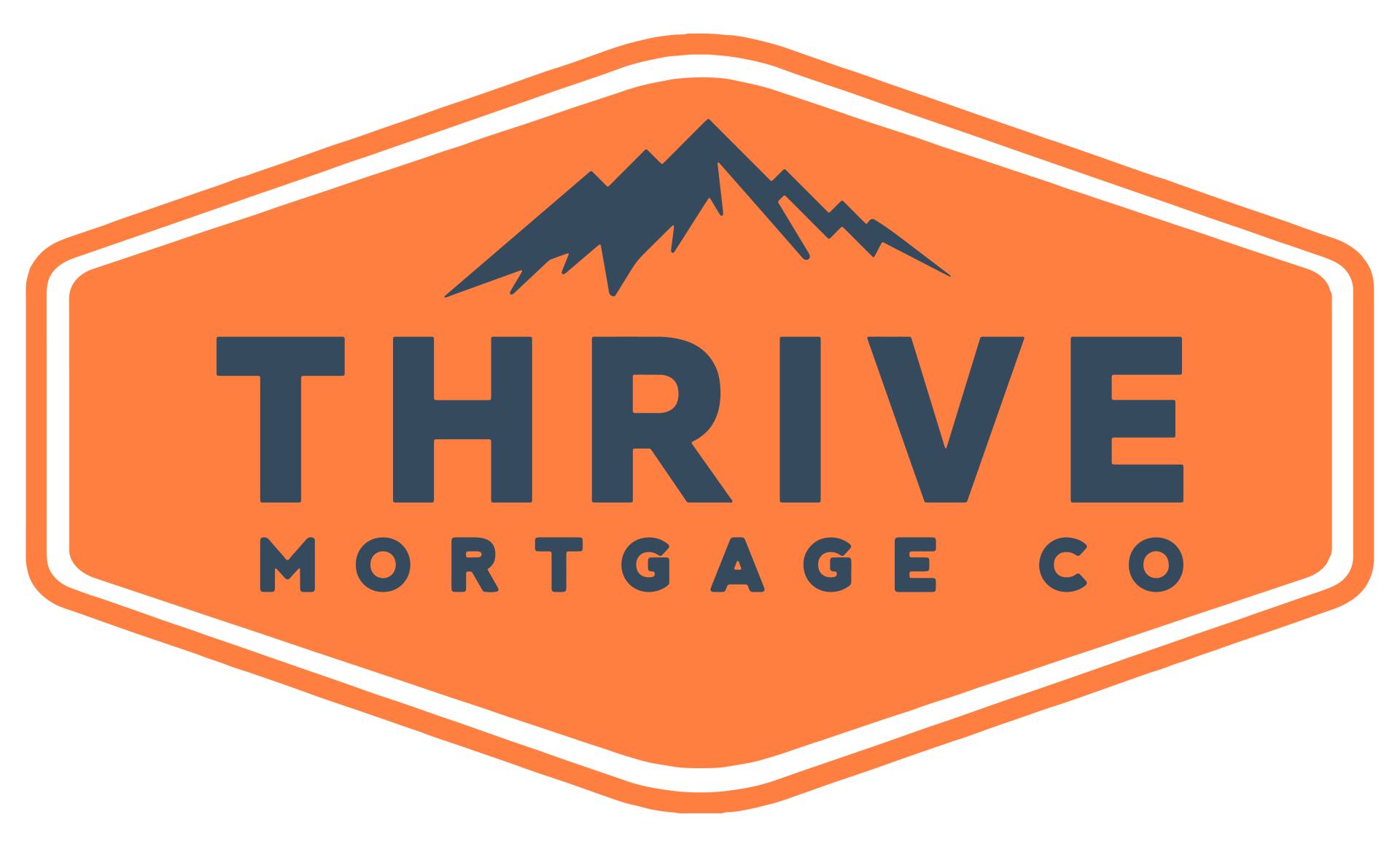Exploring Mortgage Renewal Options: A Guide for Today's Market!
With mortgage renewals becoming a concern for nearly 70% of homeowners, it's crucial to plan ahead and assess your options. In the next 12 months, 19% of all renewals in the country are coming up, and a significant number of people are worried about payment shock. In this blog post, we will delve into the critical differences and options available to navigate the mortgage renewal process in today's market.
Start Planning Early for Mortgage Renewal
It's essential to start planning early for your mortgage renewal to avoid higher rates.
Experts recommend reaching out to your mortgage provider as early as 12 months before your renewal date.
This will give you ample time to explore different options and adjust your income structure if needed.
Beware of Banks' Renewal Packages
Banks often send out renewal packages with rates that are higher than the market rate.
It's crucial not to assume that the automated renewal letter is the best option. Instead, take the time to consider all available mortgage terms and rates.
Don't be fooled by the first offer; explore all your options and negotiate to get the best deal.
Personalized Conversations with Brokers
Mortgage clients need personalized conversations with brokers before renewal.
While big banks may lack the resources or staff to provide this level of personalized advice, brokers have the ability to reach out, book calls, and offer tailored recommendations.
It's important to have these conversations to avoid massive penalties and make informed decisions.
Consider Reamortization to Lower Payments
If you're experiencing payment shocks or are concerned about potential payment increases, re-amortization can be a viable option.
Re-amortizing your mortgage can help lower your minimum payment and even qualify you for other properties.
This can save costs down the road and offer greater financial flexibility.
Exploring Alternative Options
In addition to re-amortization, there are other alternative options to consider, such as lines of credit and second mortgage products.
Lines of credit can act as a buffer during tough times and may be easier to qualify for.
Second mortgage products allow you to borrow for life expenses upfront and often cap the payments. However, it's crucial to assess the repayment of the second mortgage within the next two years.
Leveraging Equity for Financial Benefits
Leveraging your property's equity can provide various financial benefits. It can be cheaper than withdrawing from a corporation with high taxes and can offer tax benefits when used for investments.
There are more reasons to leverage equity than just payment relief and debt consolidation. However, it's vital to carefully assess your situation and consult with a financial advisor before proceeding.
Mitigating Qualification Concerns
High-interest rates have made it harder to qualify for mortgages and other loans. However, there are payment relief programs available to help mitigate qualification concerns.
If you don't qualify for your current mortgage, you may have the option to auto-renew into a more flexible product.
Additionally, lenders may cover certain costs, such as legal services and appraisals, to make the process smoother.
Treat Your Mortgage Renewal Like Buying a Home
When renewing your mortgage, treat it as if you are buying a home.
Aim for the longest rate hold possible and explore different lenders for better rates.
Establishing the current value of your home and making adjustments based on that value is essential.
By following these steps, you can ensure a successful mortgage renewal process.
Conclusion:
Navigating the mortgage renewal process requires careful consideration and planning. By starting early, exploring options, and seeking personalized advice from brokers, you can avoid costly mistakes.
Re-amortization and alternative options like lines of credit and second mortgages provide financial flexibility.
Leveraging equity can offer several benefits, but it's important to evaluate your individual circumstances. Mitigate qualification concerns through payment relief programs or renew into flexible products.
Treating your mortgage renewal like buying a home and seeking out the best rates from different lenders will contribute to a successful outcome.
More Questions or READY to get started!? 📲
Call 604.398.5575 or Email us!


